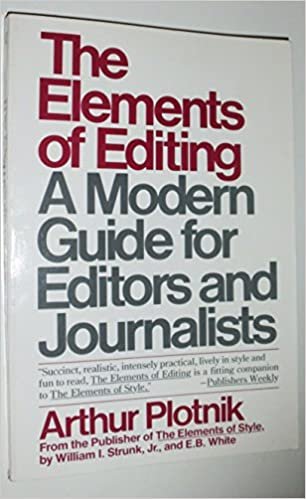My first rumination can be found at Ruminations Part I – “Your eyes are completely healed”
My second at Ruminations Part 2 – Numbers lead to informed decisions
Rumination Part 3-1 is Ruminations Part 3 – Sensitivity Readers, Part 1
Rumination Part 3-2 is Ruminations Part 3 – Sensitivity Readers, Part 2
Rumination Part 3-3 is Ruminations Part 3 – Sensitivity Readers, Part 3 – I Take a “Writing the Other” class
Rumination Part 3-4 is Ruminations Part 3 – Sensitivity Readers, Part 4 – Is your character POC or POM?
Ruminations Part 4 is Ruminations Part 4 – I can’t talk to women anymore
A friend is writing a story with a host of LGBTQPOC (what am i missing? these things are so fluid i must be missing someone. i learned today about hobosexuals. those are people who enter relationships just to have a place to stay) characters. Several of these ruminations stem from my wanting to understand her work.
But I can’t tell one character from the other. Sometimes the name gives it away, sometimes not. One of the major problems for me is that the reader is told a character’s LGBTQPOCism, not shown, and I don’t mean shown via a love or sex scene. Identity markers can be revealed through dialogue, setting, by other characters’ responses and reactions, et cetera (as noted in Ruminations Part 4 – I can’t talk to women anymore).
But such character and story issues deal with craft. I’m not invested enough as a reader to care about the characters’ LGBTQPOCness. It hasn’t been demonstrated as a relevant story element so why is it in the story? Nothing I’ve read of my friend’s work so far directly requires LGBTQPOCishness, and as I wrote in Ruminations Part 3 – Sensitivity Readers, Part 1, if something can be edited out of a story without affecting the story, get rid of it!
You need better readers
No, you need to write better.
A reader’s inability to care about some story element is a weakness in the writing. People who’d never pick up my The Augmented Man give it high marks and start their reviews with “Military thrillers are not my go-to genre, but…,” hence such weaknesses are in the writing, not the reader. An interesting story told well will capture a reader regardless of that reader’s genre tastes.
I’m X. I’m a gay male.
A fellow I knew introduced himself with “I’m (name). I’m a gay male.”
Stating he was gay was the second piece of information he offered about himself. To him (it seems), his sexual identity was a public identifier.
Somehow I can’t imagine myself saying something like “Go down the hall and look for X, he’s the gay guy.” I can imagine myself saying something like “Look for a guy, mid-thirties, blond beard, glasses, really close cropped hair.” More likely I’d say something ilke “Go down the hall and keep saying ‘Is X here?’ until you find him.” I’d choose the latter method because it’s more efficient.
I’ve heard others making similar statements about themselves; elevating some aspect of themselves to the single most important piece of their identity.
Such behavior fascinates me.
Imagine someone announcing to someone they’ve just met some aspect of themselves as being paramount, the core of their existence, to the exclusion of all other aspects of their being. It’s like some bizarre Twelve-Step meeting; “Hi, I’m Joseph. I love Bach.” “Hi, I’m Joseph. I love mathematics.” “Hi, I’m Joseph. I’m boring and dull.”
Which is why I never succeeded at Twelve-Step meetings except to research them; they make one single aspect of one’s self the thing you most want to be identified by or as. I appreciate the need to do it in specific situations (working Twelve-Step being one, with “working” being operative).
Continue reading “Ruminations Part 5 – Joseph Carrabis (was/could be/might have been) (Personal Pronouns in Fun and Earnest)”

